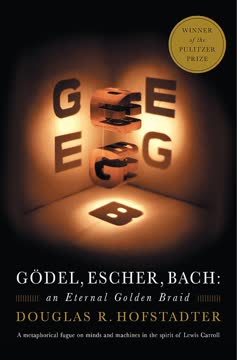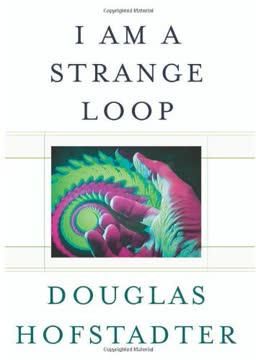Key Takeaways
1. The Illusion of Self: Public vs. Private Personas
I do not know which of us has written this page.
Dual existence. We all experience a tension between our public persona and our private self, a feeling magnified by fame but present in everyday life. This duality raises questions about authenticity and the nature of identity.
Perspective shift. The ability to shift from a third-person ("he" or "she") to a first-person ("I") perspective is a fundamental aspect of consciousness. This shift highlights the difference between being an object of observation and a subject of experience.
The self as a construct. The self is not a fixed entity but a fluid construct shaped by memory, experience, and the perceptions of others. This challenges the notion of a stable, unchanging "I" and suggests that identity is a dynamic process.
2. The Headless Void: Transcendence Through Absence
I had lost a head and gained a world.
Beyond the physical. True understanding comes not from physical attributes but from an awareness of the boundless void at the center of being. This challenges the notion that physical existence is the sole determinant of reality.
The illusion of the head. The belief in a physical head is a "wrong-headed idea" that obscures the true nature of self. By recognizing the absence of a head, one gains access to a world of unbounded charity and luminous clarity.
Emptiness and fullness. The headless void is not a mere absence but a space that finds room for everything. This paradox highlights the interconnectedness of all things and the potential for transcendence through emptiness.
3. Mind as a Circle: The Epistemological Loop
It was not possible to formulate the laws of quantum physics in a fully consistent way without reference to the consciousness.
Intertwined disciplines. Psychology, biology, and physics are interconnected, with each discipline ultimately leading back to the others. This circularity suggests that the mind is both a product of and a prerequisite for understanding the universe.
The observer's role. Quantum mechanics reveals that the observer is not a passive spectator but an active participant in shaping physical reality. This challenges the traditional view of science as purely objective and detached.
Beyond reductionism. Radical reductionism, which seeks to explain everything in terms of fundamental physical principles, fails to account for the subjective nature of consciousness. A more holistic approach is needed to bridge the gap between mind and matter.
4. The Turing Test: Mimicry and Intelligence
The question which we put earlier will not be quite definite until we have specified what we mean by the word “machine.”
Defining intelligence. The Turing Test proposes a practical criterion for assessing machine intelligence: the ability to convincingly imitate human conversation. This shifts the focus from internal mechanisms to observable behavior.
The imitation game. The test involves a human interrogator distinguishing between a human and a machine based solely on their written responses. Success in this game suggests a capacity for thought, regardless of the underlying hardware.
Limitations of the test. The Turing Test may reward clever simulation rather than genuine understanding. It also raises questions about the nature of consciousness and whether it can be reduced to mere information processing.
5. Simulated Realities: The Blurring of Boundaries
All twoness – all duality of subject and object – has vanished: it is no longer read into a situation which has no room for it.
The nature of reality. The distinction between real and simulated phenomena becomes increasingly blurred as technology advances. This challenges our assumptions about what constitutes genuine experience and raises questions about the nature of reality itself.
Levels of observation. The validity of a simulation depends on the observer's perspective. What seems like a simulation from one viewpoint may be a genuine experience from another.
The problem of consciousness. The possibility of simulated consciousness raises profound questions about the nature of the self and the soul. If a machine can convincingly simulate consciousness, does it possess genuine subjective experience?
6. The Ethical Quandary of Creation: Responsibility for Artificial Life
In attempting to construct such machines we should not be irreverently usurping His power of creating souls, any more than we are in the procreation of children, rather, we are, in either case, instruments of His will providing mansions for the souls that He creates.
Moral implications. Creating artificial beings raises ethical questions about our responsibility for their well-being and the potential consequences of their existence. This challenges us to consider the moral status of non-biological entities.
The creator's role. The creator of artificial life bears a unique responsibility for its design and purpose. This responsibility extends beyond mere technical proficiency to encompass ethical considerations and a commitment to the well-being of the created beings.
The nature of souls. The creation of artificial life forces us to confront the question of what constitutes a soul and whether it can be artificially produced. This challenges traditional notions of the soul as a uniquely human attribute.
7. The Power of Belief: Shaping Reality Through Perspective
We have thus, in separate circles – from the mind, back to the mind.
Subjective vs. objective. Our perception of the world is shaped by our beliefs and assumptions. This challenges the notion of a purely objective reality and suggests that our understanding is always filtered through a subjective lens.
The observer effect. The act of observation can alter the phenomenon being observed. This principle, drawn from quantum mechanics, highlights the interconnectedness of observer and observed and the limitations of objective knowledge.
The role of interpretation. Meaning is not inherent in the world but is actively constructed through interpretation. This challenges the notion of a fixed, pre-existing reality and emphasizes the role of human agency in shaping our understanding.
8. The Allure and Peril of the Incompressible Soul
The human psyche is part of the observed data of science.
The limits of logic. Logic and reason, while powerful tools, cannot fully capture the complexities of human experience. This challenges the notion that the mind can be reduced to a set of logical rules or algorithms.
The power of intuition. Intuition and emotion play a vital role in shaping our understanding of the world. This challenges the notion that knowledge is solely based on rational thought and empirical evidence.
The mystery of consciousness. Consciousness remains a profound mystery that resists all attempts at easy explanation. This challenges the notion that science can provide a complete and definitive account of the human condition.
9. The Quest for Meaning: Purpose in a Mechanical Universe
I believe that at the end of the century the use of words and general educated opinion will have altered so much that one will be able to speak of machines thinking without expecting to be contradicted.
The illusion of control. Our sense of control over our lives may be an illusion, a product of complex interactions between deterministic forces. This challenges the notion of free will and raises questions about the nature of agency.
The search for purpose. In a mechanical universe, the search for meaning and purpose becomes a central human endeavor. This challenges us to find value and significance in a world that may be devoid of inherent meaning.
The power of narrative. Stories and myths provide a framework for understanding our place in the universe and for making sense of our experiences. This challenges the notion that scientific knowledge is the only valid form of understanding.
10. The Illusion of Control: Free Will and Determinism
I believe that in about fifty years time it will be possible to program computers, with a storage capacity of about 109, to make them play the imitation game so well that an average interrogator will not have more that 70 percent chance of making the right identification after five minutes of questioning.
The nature of choice. The feeling of making a free choice may be a byproduct of complex neural processes that are ultimately determined by physical laws. This challenges the traditional view of free will as a power to act independently of causal influences.
The limits of prediction. Even if our actions are determined, they may be unpredictable due to the complexity of the systems involved. This challenges the notion that determinism implies predictability and control.
The value of freedom. Whether or not we possess genuine free will, the belief in freedom is essential for human flourishing. This challenges us to find ways to reconcile determinism with our deeply held values of autonomy and responsibility.
Last updated:
Review Summary
The Mind's I is a thought-provoking collection of essays, stories, and commentaries exploring consciousness, self, and artificial intelligence. Readers found it intellectually stimulating, praising its ability to challenge traditional notions of mind and identity. Many appreciated the diverse selection of texts and the reflections by Hofstadter and Dennett. While some found certain sections less engaging or dated, overall, the book was highly regarded for its ability to spark deep philosophical contemplation and introduce readers to influential thinkers in cognitive science and philosophy of mind.
Similar Books



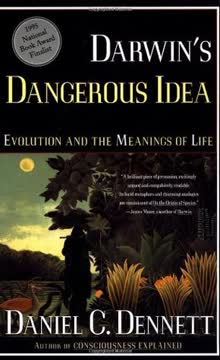
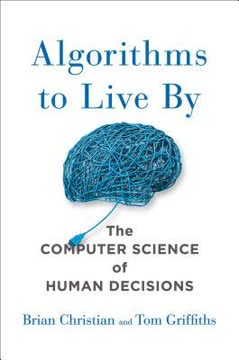



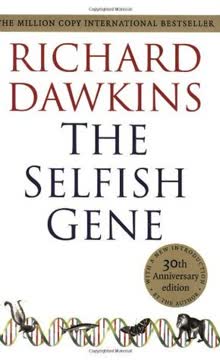
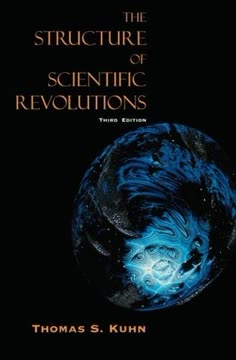
Download PDF
Download EPUB
.epub digital book format is ideal for reading ebooks on phones, tablets, and e-readers.

